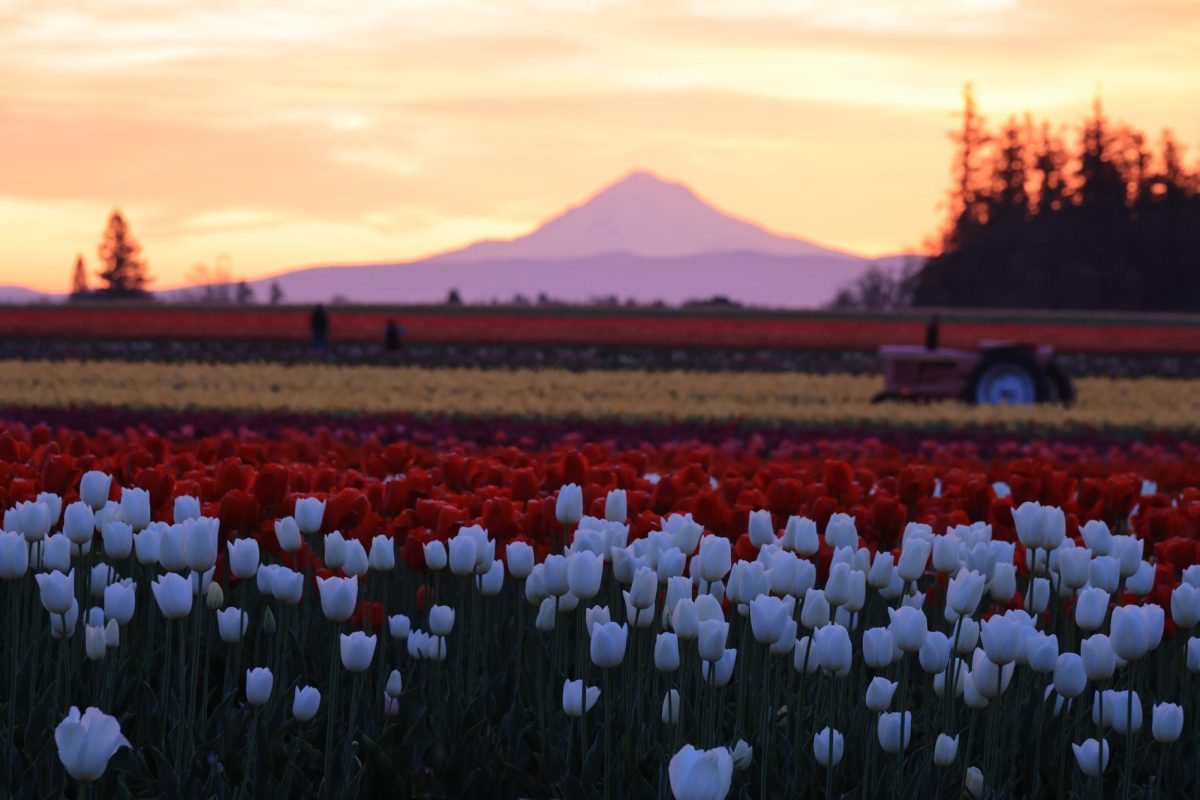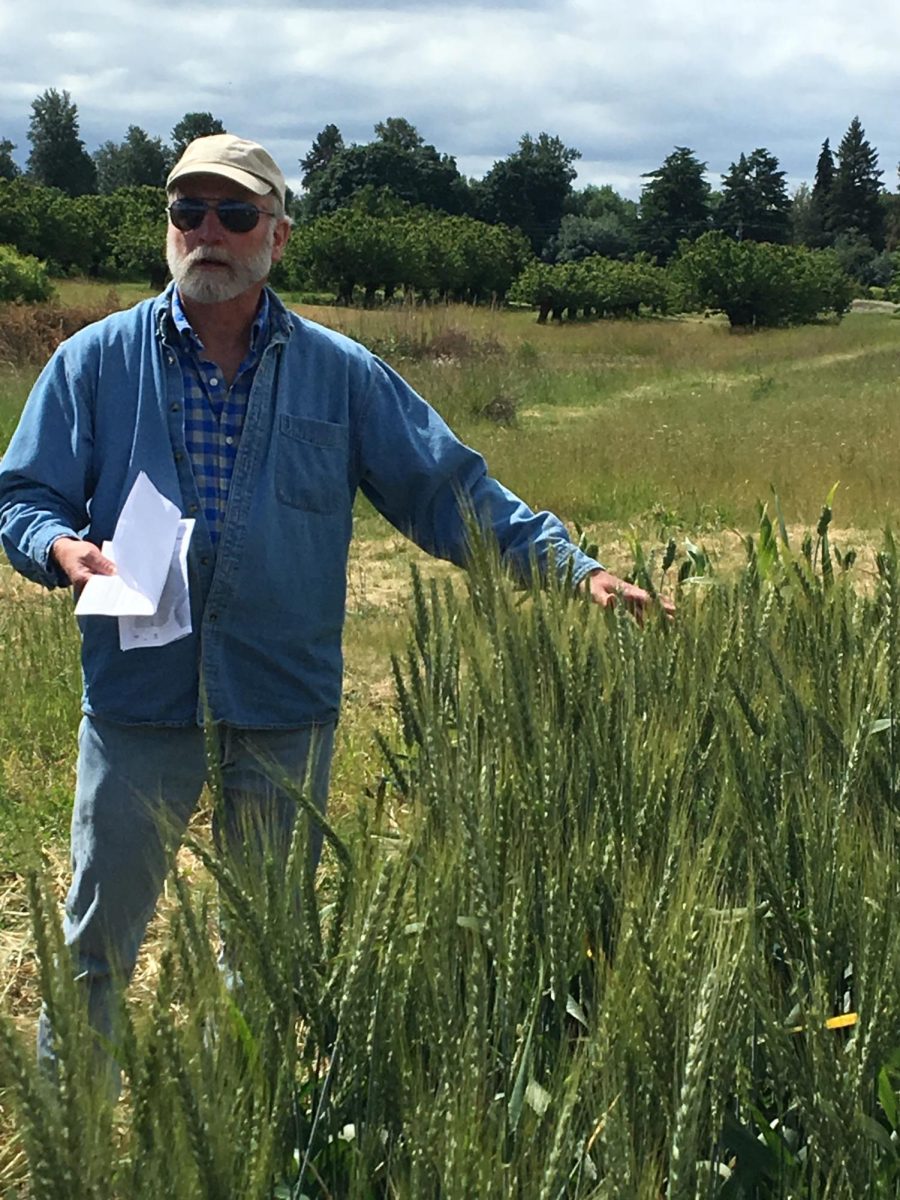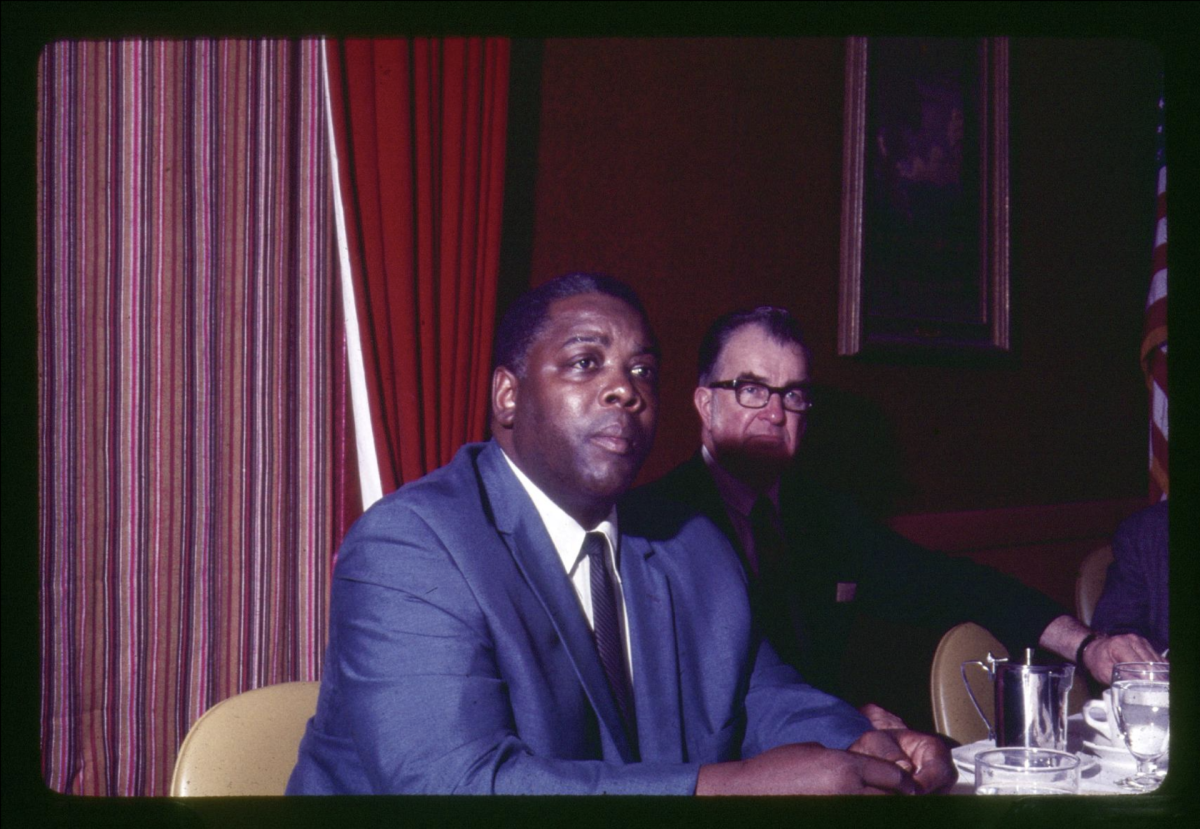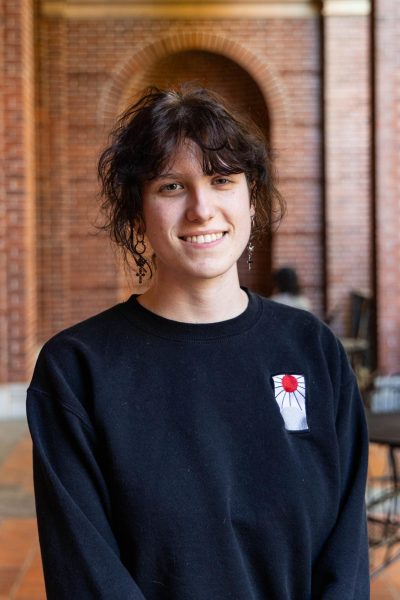Christopher Mundt spent his youth outside with his hands in the dirt and his head in the clouds, hoping to help feed the world one day.
Now, Mundt is retiring after nearly 40 years in the botany field at Oregon State University, having led research in plant resistance and disease control in addition to teaching future botanists at OSU.
Mundt joined the Department of Botany and Plant Pathology at OSU in 1985, and by 1997, OSU hired him on as a professor. Mundt has been teaching since, with his classes mostly graduate classes.
“I don’t believe my job is to teach anybody,” Mundt said. “My job is to make a structure to help them teach themselves.”
During his time as a professor, he has found that his students appreciate being taught like they are adults, so he prefers letting his students discover their research without an overbearing hand and instead with more of a guiding hand.
Outside the classroom, Mundt leads research in epidemiology, pathogen population biology and the genetics and durability of host plant resistance to disease.
His research continues beyond OSU; for an 11-year period, the International Rice Research Institute bought out some of his time. For those 11 years, his research was in collaboration with scientists from countries across the world to increase rice production. The IRRI reached out to Mundt because of his work with wheat growth here in the states, and they hoped to apply the work he had been doing with wheat to rice.
Since childhood, Mundt has always been passionate about helping world hunger. Still, as he grew up, researched and worked with the plants, he discovered that it was a lot more complex than just needing to produce more food.
“One of the reasons I came to OSU was because the position that was available would allow me to do both, continue to research things that could impact people … and also allowed me to do some fundamental work with plant pathogens,” Mundt said.
Mundt’s field of research and his hobbies go hand in hand. When not in the classroom, the lab or the fields, Mundt enjoys hikes in the Cascades, surrounded by the fresh air and pine trees. In the winter months, he enjoys cross-country skiing and can be found riding a set of skis on the trails.
Mundt doesn’t stray far from his work, however, he finds enjoyment in writing for his research or research he is a part of. Writing is one of the parts that will continue long after his retirement. Mundt says he still has a lot of writing to start and to continue, some of it his own, some of it for others.
“I really like writing, but it’s also hard. I think I write well, but I write slowly, so some days it would be like a backpacking trip … it’s steep and long, but gosh, is it a good place to be,” Mundt said.
After 38 years, Mundt is moving into retirement bringing an end to his time in the classroom, but this does not mean he will stop his research. Even though he will be retired, he still has a few grants he will continue working on, and Mundt said he intends to continue his research for at least five years.
“This coming year, for example, even though I will be retired, I planted some plots for the wheat industry and for the breeding programs,” Mundt said. “It will be half as much work as before, but I will go out and derive that data.”
Mundt will not teach any official classes after his retirement but will be available for guest lectures. Even after he leaves the teaching scene, Mundt said he will still be available to his fellow researchers and those taking his role for advice if needed.
In regards to why he is retiring, Mundt said, “I’ve been doing too much for too long, and I want to go out when things are still going well, and honestly, I’ve seen some people stay in the job for too long, and I don’t want to be one of those people.”



















































































![Newspaper clipping from February 25, 1970 in the Daily Barometer showing an article written by Bob Allen, past Barometer Editor. This article was written to spotlight both the student body’s lack of participation with student government at the time in conjunction with their class representatives response. [It’s important to note ASOSU was not structured identically to today’s standards, likely having a president on behalf of each class work together as one entity as opposed to one president representing all classes.]](https://dailybaro.orangemedianetwork.com/wp-content/uploads/2025/03/Screenshot-2025-03-12-1.00.42-PM-e1741811160853.png)




























